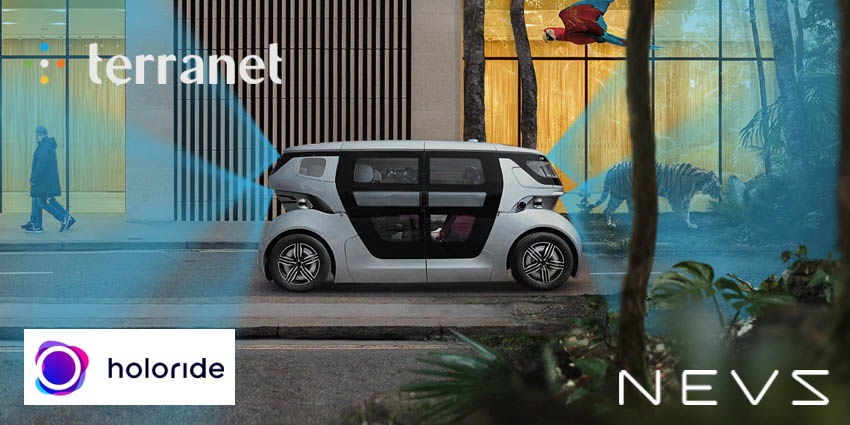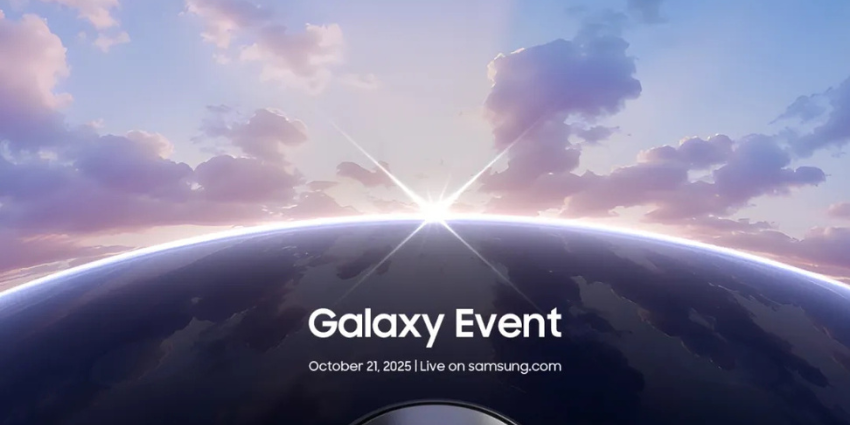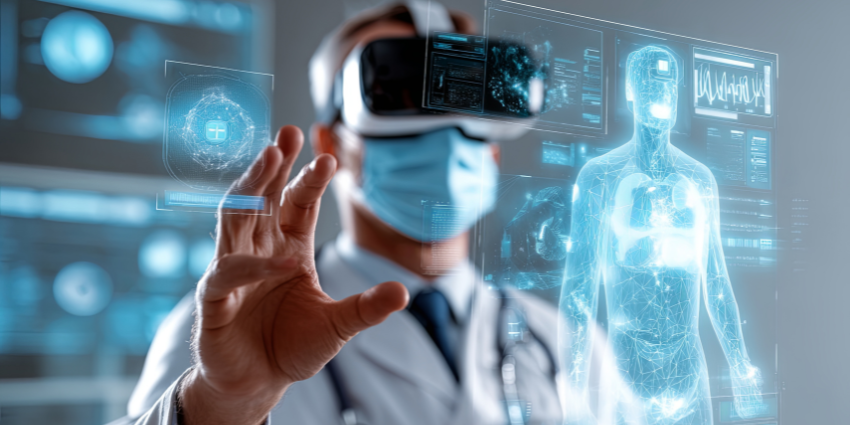Terranet, a peer-to-peer wireless services company, announced on Thursday it had partnered with autonomous mobility provider NEVS for a new mixed reality (MR) tool to boost safety in urban autonomous driving conditions.
The Swedish firms plan to integrate VoxelFlow technologies into NEVS’ autonomous mobility systems to create safer and more sustainable urban metropolitan regions.
Named PONS, the mobility system also plans to reshape urban mobility by facilitating smoother and safer operations in dense areas.
VoxelFlow’s solution cuts total emergency breaking time up to 100 milliseconds of reaction time compared to typical computer vision systems, the company said.
The agreement was inked in a deal between the two Swedish tech firms and Germany-based holoride, Audi’s extended reality (XR) wing, to boost road safety and entertainment features for self-driving vehicles.
The PONS mobility system will work jointly with VoxelFlow’s rapid motion detection solution and aims to reshape autonomous driving and back NEVS’ self-driving Sango vehicles.
Stefan Tilk, Chief Executive of NEVS, said,
”The safety of both our passengers and all surrounding road users is NEVS’ highest priority and we’re very interested in the VoxelFlowTM technology as a way to maximize the safety of our future autonomous vehicles in the complex urban environment our service will operate in”
Nihat Küçük, Terranet Chief Technology Officer, added the products were “designed to save lives on roads” and its VoxelFlow vision system had provided “unparalleled speed and performance” when detecting road users.
According to the exec, advanced driver-assisted systems were required to become “way faster and smarter” to “contribute to a zero fatalities vision.”
Explaining further, Küçük said,
“With VoxelFlowTM we detect 3D lifelike movements within a few milliseconds using continuous-wave laser beams and bio-inspired vision sensors. Our frame-less concept doesn’t miss the slightest movement, eliminates motion-blur, and enables high-accurate ultra-dense 3D voxel streams. Due to its inherent simplicity, VoxelFlowTM requires only a fraction of the computing power of today’s computer vision systems. Our objective is to assist vehicles to break or dodge in emergency situations within tens of milliseconds.”
The news comes just months after the Luokung Technology Corp, one of China’s largest spatial computing companies, struck a deal with Microsoft to develop China’s driverless car services, allowing Microsoft to provide the former with storage, data collection, analysis, and simulation tools.







